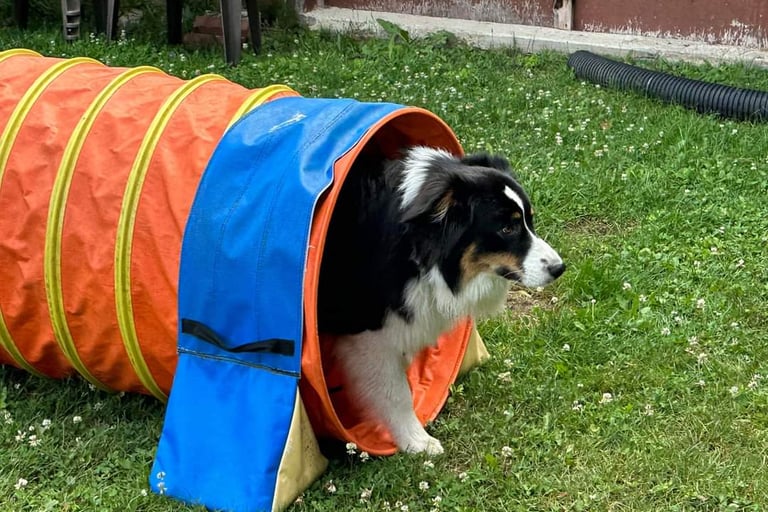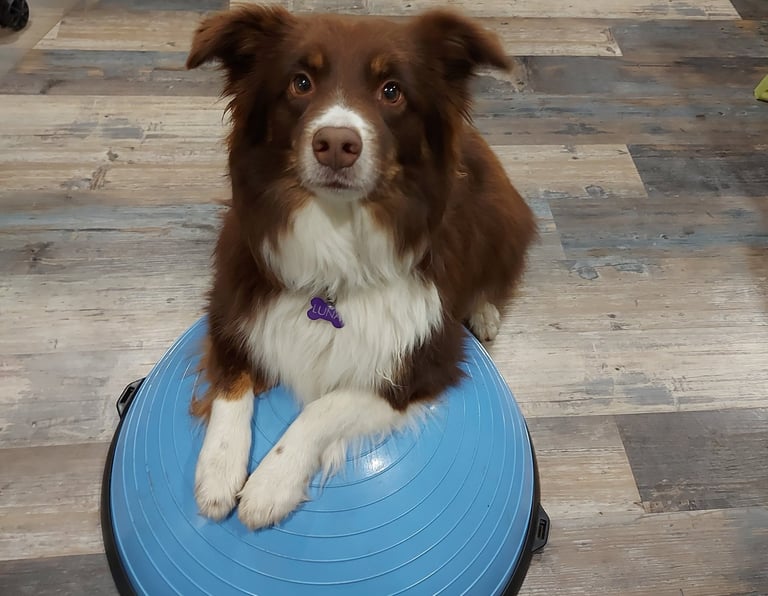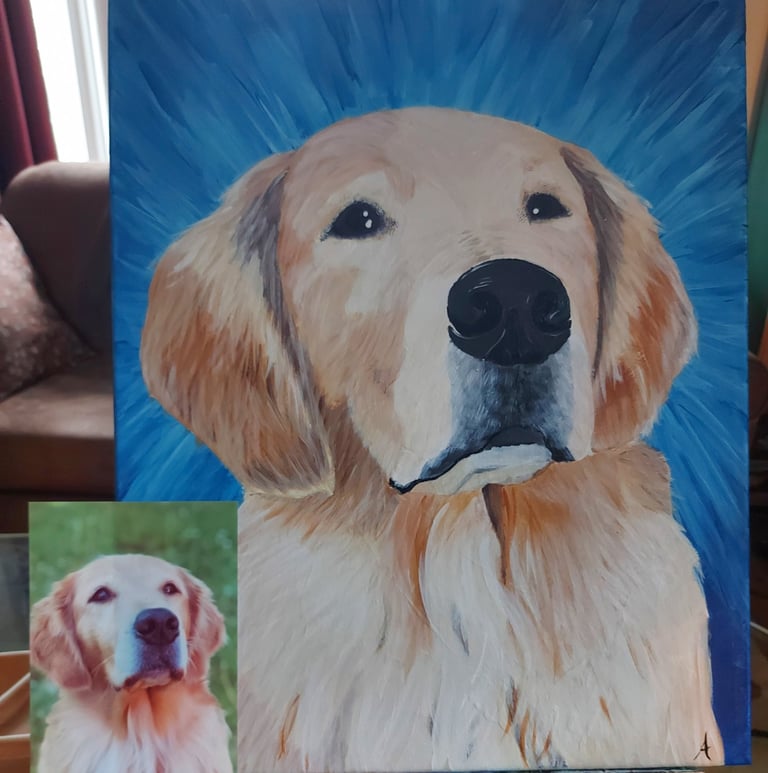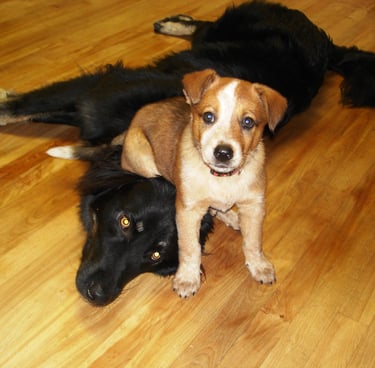Do you love your adorable trouble butt?
Do you wish you could teach them better manners without scaring or hurting them?
Are you interested in building confidence, focus and responsiveness in your #TroubleButt while having fun together?
I would like to help you!
Serving the Peterborough, Lakefield and Trent Hills areas.
What's a trouble butt?
Trouble Butt is a term an endearment for our loveable but imperfect pups. Typically used when they are doing something we wish they wouldn't.
Our dogs are no more perfect than we are. We can all learn.
#TroubleButts unite!
Instagram Feed
Training with fun and games in group classes




Building confidence and connections in private lessons
Crafting and art for the love of our #TroubleButts


Why reinforcement?
I use positive reinforcement based training. Fear and pain are not needed to train your dog and these tools have been found to create much bigger problems in the long run.
Reward based methods are based in science and are accepted as the current industry standard for force-free training by Veterinary Behaviourists, Certified Applied Animal Behaviourists, Veterinarians, and Professional Trainers worldwide.
This does not mean that I do not teach you how to create boundaries with your dog, and how to get them to make good choices. Positive does not mean permissive.
Tools like shock, prong and choke collars will not be allowed in my classes.
Expert statements on training methods and the myth of dominance theory.
Humane, Effective and Evidence Based Training - statement from the American College of Veterinary Behaviorists (ACVB)
Humane Training of Dogs - Statement from the Canadian Veterinary Medical Association (CVMA)
Humane Dog Training Position Statement - The American Veterinary Society of Animal Behavior (AVSAB)
Dominance Position Statement - The American Veterinary Society of Animal Behavior (AVSAB)
AVSAB Response Statement to Cesar 911 - The American Veterinary Society of Animal Behavior (AVSAB)
IAABC Position Statement on Dominance Theory - The International Association of Animal Behavior Consultants, Inc. (IAABC)


Is it safe to socialize your puppy before they have all their shots?
Socialization is one of the most important parts of raising your puppy if you want them to be a well adjusted member of the family and the community. For the first 3-4 months puppies should be exposed to as many new people, animals, stimuli and environments as you can safely and without causing over-stimulation, excessive fear, withdrawal or avoidance behavior.
While puppies’ immune systems are still developing by the time they start classes, they have some immunity from their mother, they should have their first vaccines and deworming, and if you avoid areas with high dog and/or wildlife traffic you can minimize the risks of infections. Fatalities from diseases like distemper or Parvo are far less common than dogs that are put down for anti-social behaviour.
In general, puppies can start puppy socialization classes as early as 7-8 weeks of age, but they should receive a minimum of one set of vaccines at least 7 days prior to the first class and a first deworming. They should be kept up-to-date on vaccines throughout the class.
Don't take it from me
Puppy Socialization Position Statement - The American Veterinary Society of Animal Behavior (AVSAB)
A Letter on Puppy Socialization from Dr. R.K. Anderson
Dog Age and Training - Canadian Association of Professional Dog Trainers
Puppy Behaviour & Training – Socialization and Fear Periods - Canadian Association of Professional Dog Trainers

